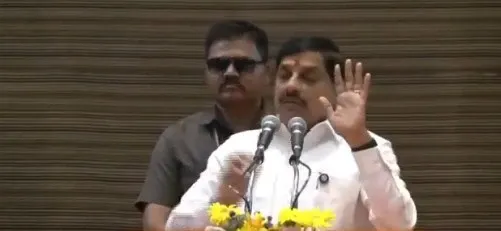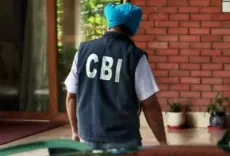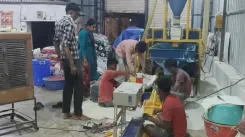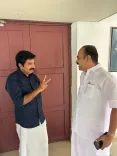Should We Discuss 50 Years of the 'Emergency'?

Synopsis
Key Takeaways
- Madhya Pradesh BJP organizes mock Parliament to reflect on Emergency.
- Chief Minister Mohan Yadav questions the relevance of the discussion today.
- Congress leaders Digvijaya Singh and Bhaskar Rao Rokde criticize the campaign.
- Debate highlights the tension between historical reflection and modern governance.
- The Emergency continues to shape political discourse in India.
Bhopal, June 27 (NationPress) The Madhya Pradesh Bharatiya Janata Party (BJP) held a mock Parliament on Friday as part of its nationwide initiative commemorating the 50th anniversary of the imposition of the Emergency in India.
Chief Minister Mohan Yadav and state BJP President V.D. Sharma addressed participants during the session.
In his address, CM Yadav questioned the necessity of discussing the Emergency after half a century.
He posed this inquiry to various attendees and listened to their insights.
“While we gather to analyze the Emergency, we must contemplate why India should revisit an event from 50 years ago,” the Chief Minister noted, emphasizing that former Prime Minister Indira Gandhi declared the Emergency to retain power.
Additionally, CM Yadav criticized Rahul Gandhi, the Leader of Opposition in Lok Sabha, for exhibiting a similar 'dictatorial' demeanor as his grandmother, former PM Indira Gandhi, did in 1975.
“The Congress party blames the Election Commission and the BJP for its continuous electoral failures, which signifies a lack of faith in India's democratic framework and institutions. Rahul Gandhi even publicly tore up the ordinance from the Congress government led by Manmohan Singh,” he claimed.
Later, in a media interaction, CM Yadav stated that this mock Parliament event aims to reflect on the atrocities endured during the Emergency 50 years ago.
“In the Youth Parliament, both the ruling party and the opposition have roles that mirror our Parliamentary system. The organization of the Youth Parliament event was commendable, and I would like to express my appreciation for it,” he added.
In response to BJP's political campaign regarding the Emergency, senior Congress leader and Rajya Sabha MP Digvijaya Singh voiced his dissent, questioning the relevance of discussing the Emergency after 50 years.
“This marks the first instance where a government has transformed an issue into a year-long political campaign. Even after 50 years, under your administration, we have witnessed an undeclared Emergency,” Singh remarked to IANS.
Previously, senior Congress leader Bhaskar Rao Rokde, who oversees the Indira Jyoti Abhiyan in the state, submitted a petition to the Madhya Pradesh High Court against the BJP government's decision to commemorate June 25 as the ‘murder of democracy’.





